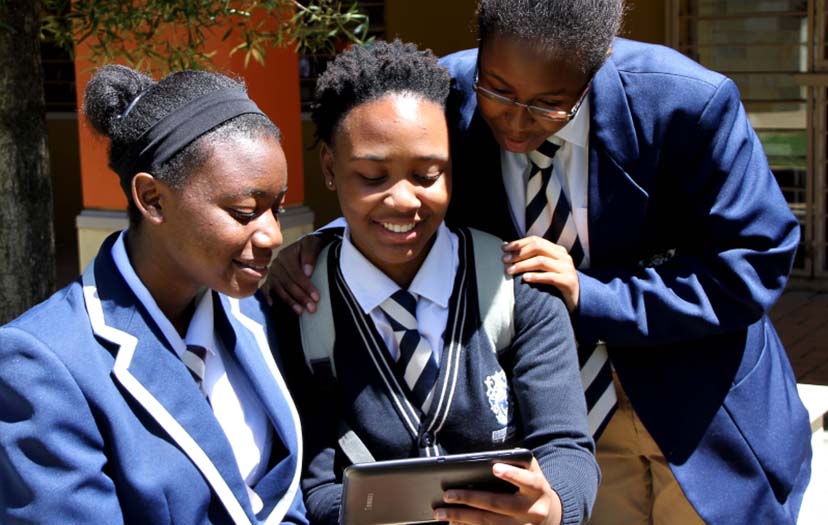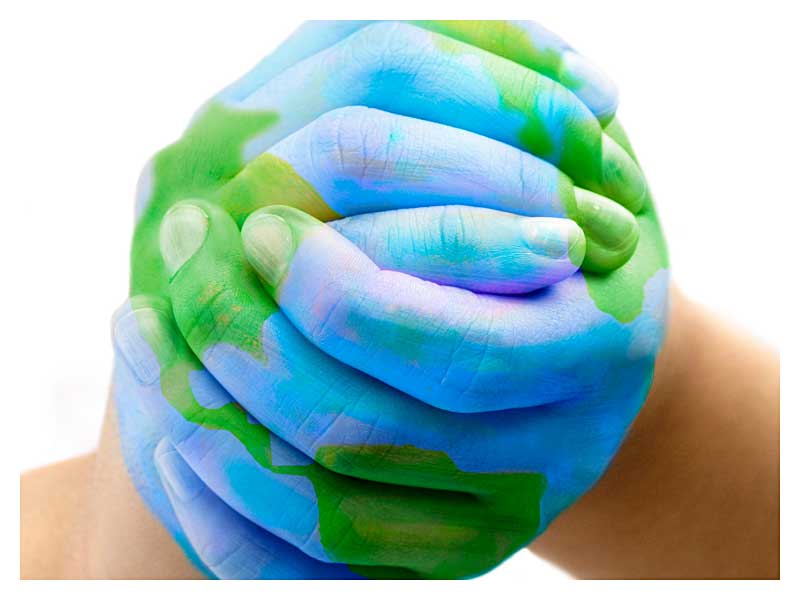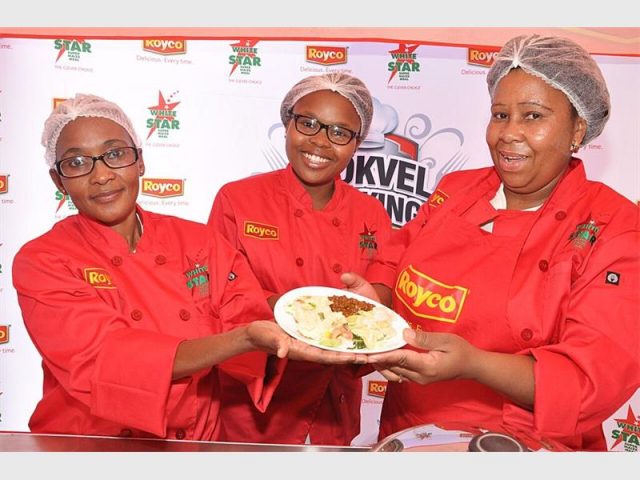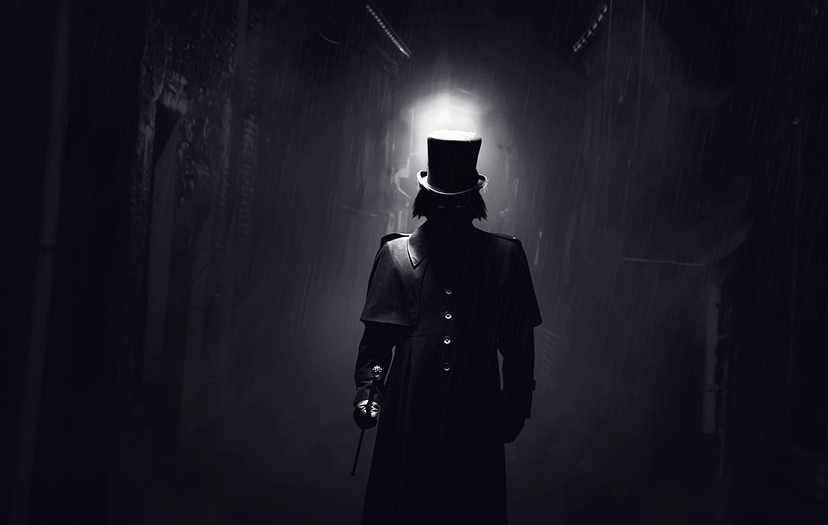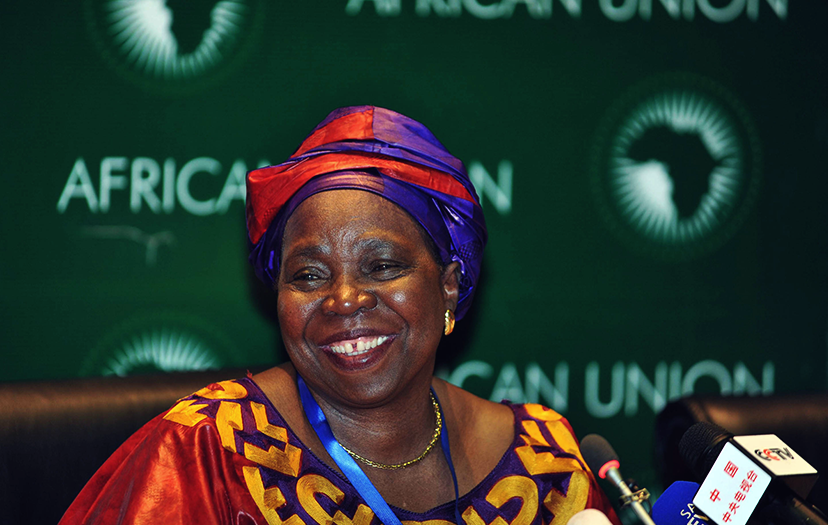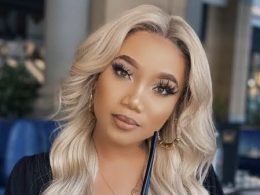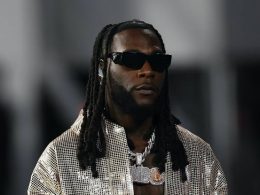We live in a South Africa that is a rainbow nation, one that is filled with people from all over the world. We wake up to the smell of the Indian curry cooked next door by Rajesh, who is half Pakistan and half Indian. The upbeat song from Aka and Burna boy from Kola, who is half Nigerian and half Congolese. Emergency shopping is eased by the Spaza shops that are built in the area and the beauty salons that make the hippy and less pricey hairdo, even the stylish fabrics that are revolutionizing trends in the fashion industry comes from around Africa.
South Africa is a nation of multiple ethnicities, languages and nationalities. From the Zulu and Xhosa, to the Dutch and the British. Somali and Tutsi to Indian, Tamil and Gujarati, Nigerians to Ghanaians, Chinese and Zimbabweans. However divided, unequal, and structurally flawed, South Africa is home to a very diverse population of people.
A country with deep pockets, it remains attractive as a home for migrants, some of them seeking greener economic pastures, others safety and security.
In May 2008, 62 people were killed in a wave of xenophobic attacks across townships. Foreign nationals, mostly migrants from Zimbabwe, Mozambique, Nigeria, Somalia and Ethiopia were at the focal point of the attacks.
Foreign Nationals were dragged through the streets of Alexandra, barely a few kilometers from Johannesburg’s plush Sandton suburb, rubber tyre, filled with petrol, is forced around a victim’s chest and arms, and set alight.
In an instant, the story of South Africa’s much-touted rainbow nation of black, white and brown people happily living together, fizzled away in an outburst of vengeance. Tens of thousands of people were displaced, forced to seek refuge in churches, mosques and even police stations. In the end, it took the military intervention to quell the violence.
So, what happened and how did this beautiful country become one that is on the news as a country bent on displacing immigrants and one that has become familiar with xenophobic issues. Are the killings reported a true reflection of the South Africa we know or are facts being twisted.
Despite a lack of directly comparable data, xenophobia in South Africa is perceived to have significantly increased after the installation of a democratic government in 1994.
According to a 2004 study published by the Southern African Migration Project (SAMP):
“The ANC government – in its attempts to overcome the divides of the past and build new forms of social cohesion… embarked on an aggressive and inclusive nation-building project. One unanticipated by-product of this project has been a growth in intolerance towards outsiders… Violence against foreign citizens and African refugees has become increasingly common and communities are divided by hostility and suspicion.”
The study was based on a citizen survey across member states of the Southern African Development Community (SADC) and found South Africans expressing the harshest anti-foreigner sentiment, with 21% of South Africans in favour of a complete ban on entry by foreigners and 64% in favour of strict limitations on the numbers allowed.
A lack of job, fueled by unemployment and a mismanagement of public office might be all too blurry for many to understand. Blaming the government seems to be inactive and criticizing the government has fallen on deaf ears. Political parties and allied groups have made attacks on the ruling party and blamed the present government for lack of initiative to help the gross numbers of people unemployed.
2008 fatal xenophobic attacks were a shocker to most South Africans and the world, based on the fear of South Africans for foreign nationals. However, recent events give lead to a new reason. The media! the media has always been the mighty might that has created more turmoil with the angle of the stories it reveals to the public and a propaganda to elicit and isolate some common issues in the country.
As genocide is on the rise with whites, Xenophobia is directed against black immigrants in this country, but the media only speaks of the blacks and exaggerate stories to increase readership. News of Drug dealings and pimps are easily associated with Nigerians without any of us realizing we have built a stereotypical attitude because of what the media has fed us for years.
When we think of hardship and racism, we are prone to see the next white person as one, and these spurs an attitude of hatred developed after years of bad media circulations. The growth of social media might also be a factor, Social media has helped story forgers and attention seekers in circulating fabricated stories.
Social Media usability and easy access make it a top player for the media and self-proclaimed journos, who have access to a link of thousands on the web, with little means available to readers to verify the authenticity of stories, many are left with distorted news. More on Social media, people are less responsive to issues recently, believing #tags are a problem solver. #tag might be one of the means to make people aware of an issue and create a feed for updates, but is it enough contribution to help in any situation.
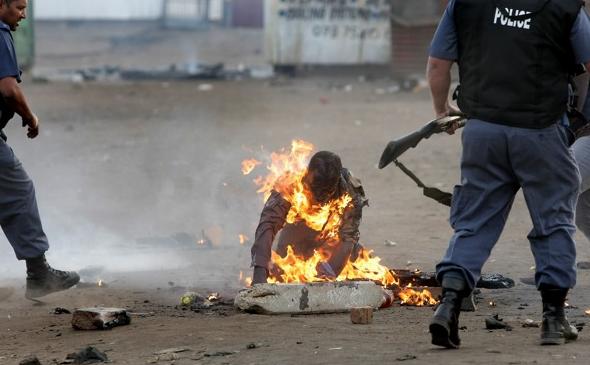
There was a recent video that was circulated on social media, it was a reflection of the recent xenophobic attacks. Later, this video was confirmed to be a vigilante response action and not xenophobia as it stated on the caption of the video.
A picture of Mozambican {Ernesto Nhamuave} set ablaze in the 2008 attacks, is also re-circulated as a representation of the recent attacks.
The marauding gangs of youths who damaged 72 foreign-owned shops last month, following a shooting incident involving a Somali shopkeeper and two people in Duduza, have been attributed to a criminal element rather than xenophobia.
The world watches videos of protest and no confrontation on social media platforms, but the media is quick to formalize and give an angle to all stories. Fairness and Freedom of the press is twisted. The true stories can only be shared by South Africans, those who understand the true value we hold as South Africans, for the world to see.
So who takes the blame, is it the government that has allowed the economy to dwindle by celebrating a few elite classes, powerful political institutions focusing their attention on maneuvering acts and distractive campaigns or the media that is bent on making a profit over everything. You decide.
“When I heard some accuse my people of xenophobia, of hatred of foreigners, I wondered what the accusers knew about my people, which I did not know … and in spite of this reality, I will not hesitate to assert that my people are not diseased by the terrible affliction of xenophobia which has, in the past, led to the commission
of the heinous crime of genocide.”
FMR. PRESIDENT THABO MBEKI
I haven’t yet seen xenophobia in South Africa, just a lot of violent and passive aggressive hate of Africans from outside our borders.
— Songezo Zibi (@SongezoZibi) April 11, 2015
South Africa. I just watched news. You know what it didn’t say? “Xenophobia attacks by Zulus on the rise”. Nope. It said South Africans. — Tshiamo® (@Lady_tsitsi) April 14, 2015

